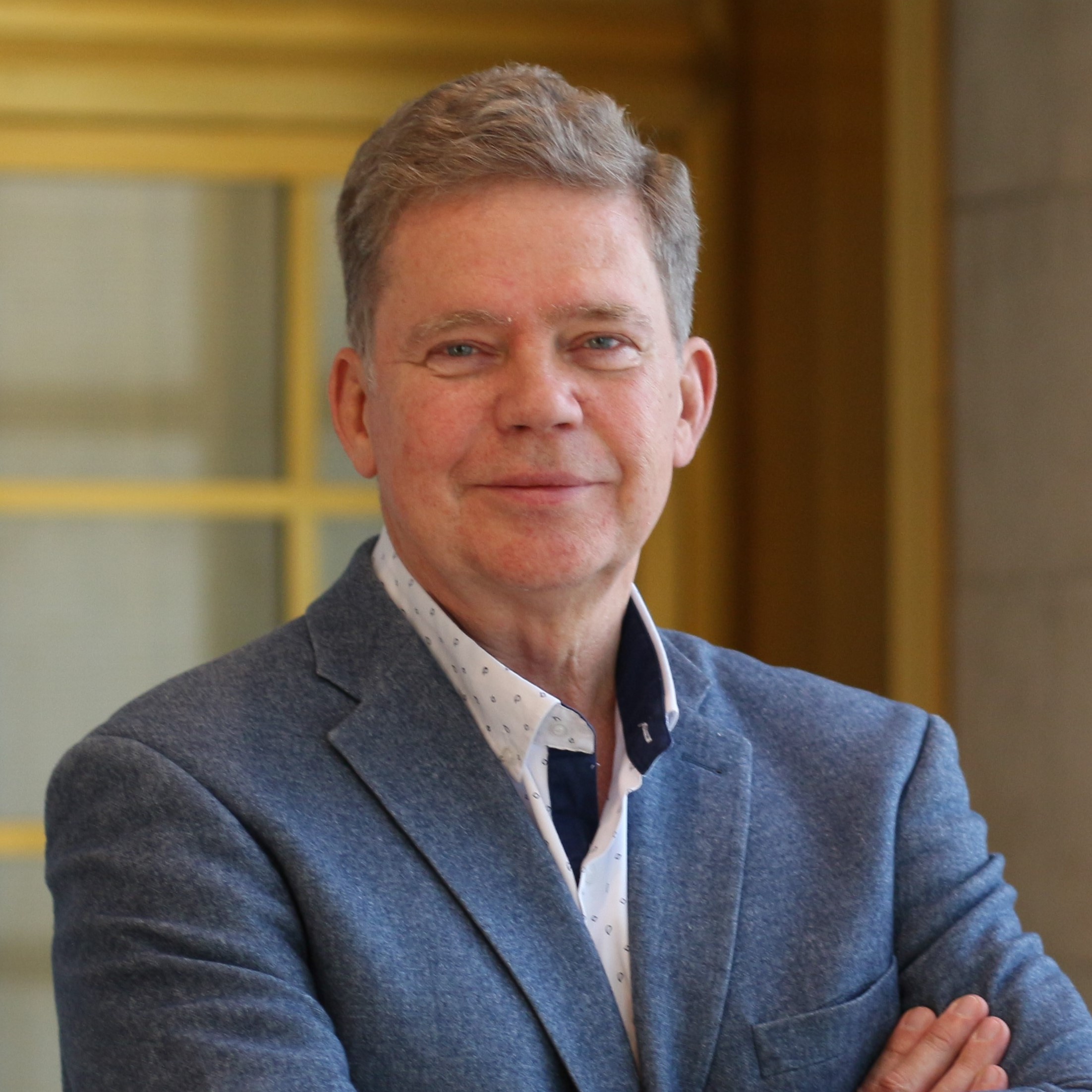
Vladimir Kolosov, Deputy Director of the Institute of Geography, Russian Academy of Sciences (Moscow)
About the Author
Professor Vladimir Kolosov is Deputy Director of the Institute of Geography of Russian Academy of Sciences (Moscow), Executive Committee Member of the Conseil International de Philosophie et Sciences Humaines (CIPSH) and former President of the International Geographical Union (IGU). His publications are devoted to political geography, geopolitical representations, border studies, non-recognized states, urban geography and migrations.
Only a comprehensive look at the complex and multifaceted problems that humanity is facing nowadays can facilitate its adaptation to the ongoing changes, strengthen solidarity between countries in solving them, and ensure the prioritization of human values over economic benefits. However, the processes of ever deeper differentiation of scientific knowledge still prevail over the processes of integration. Geography, leaning on its ‘natural’ and ‘social’ wings, is well adapted to the study of complex problems, and particularly to improving our understanding of the nature-society interface and to approaching the goals of sustainable development at the local and global scale — one of the main global challenges. Geography plays a primary role in forecasting the future of the environment, as well as in the quest for ways to adapt society to climate change and globalization, and to preserve biological and cultural diversity. It is impossible to reach this objective without a close cooperation between social and Earth sciences.
Another major challenge to humanity is growing social inequality, the gap between the global North and South, poor and rich countries. Globalization processes are deeply selective and exacerbate the contrasts between regions, cities and their neighborhoods. The global space is becoming more fragmented and polarized. The unevenness of world economic processes is enhanced by the juxtaposition of long and short technological and economic cycles. Their asynchrony and asymmetry lead to growing unpredictability, turbulence, increased risk of local conflicts, and the intensification of regionalization processes at different spatial levels.
The improvement of technologies in various fields is not sufficient to meet this challenge alone, since they are always included in social relations. One of the striking examples is the digital divide, which takes different forms. It not only does not eliminate inequality, but on the contrary, can deepen it, splitting humanity into a small creative class and a majority doomed to low-paid manual labor or unemployment. For instance, in the foreseeable future, the development of information and communication technologies (ICT) in Russia alone can free up a significant part of 5 million professional drivers, about 6 million sellers, thousands of bank employees, etc. The place of the individual in the new economy remains unclear.
At the same time, the scale of international and interstate migrations is growing: vast areas are losing residents, while ghettos and slums are growing in many urban agglomerations. Inequality and poverty are known to be associated with growing environmental pressures and depletion of resources. The uneven distribution of the benefits of globalization in space and time causes an acute sense of injustice, which has a serious impact on identity, weakening the association of citizens with national communities and, conversely, strengthening regional identity, especially in regions inhabited by ethnic minorities. It all leads to violence and conflicts.
Geographers are actively involved in the study of these problems in collaboration with sociologists, political scientists, economists, anthropologists, etc. Geography is about the quality of our life because it contributes to social justice, improved accessibility to different places and public services, the spatial organization of society, regional and urban planning. Geography is closely connected with the technical progress of ICT processing and, most importantly, analysis and synthesis of a huge amount of data. Geography contributes to a better understanding of globalization’s impact on regional and local cultures, traditional wisdom, and modern knowledge.
Geography plays a unique role in culture and education, in shaping our identities and understanding of the world. In answering the question ‘Where (in which country and locality) do I live?’, we begin to answer the question ‘Who am I?’, ‘What are my ideals and values?’. Geography as a school discipline forms an integrated vision of the world, helping young generations to appreciate its biological and cultural diversity, making them aware of global interdependence and the global implications of living everyday life, illuminating the relationships between local and global natural and social processes. But there remain gaps between the academy, government, civil society and education. Geographers are too divided to speak with one voice and to formulate a clear message to society and government. Geography should be the focus of a new integrated cluster of academic disciplines called ‘the sciences of territory’. This concept should be as common and well known as ‘life sciences’. As geographers, we should make sure to translate our papers and scientific results into the language of legal norms and administrative regulations; to understand the preoccupations, the needs and the agenda of different authorities, and moreover, to anticipate and even sometimes to generate them. We should be involved in different initiatives and in work on programmes — at the national, European and global level — aimed at developing areas of understanding, rules of the game, and working out barriers and ‘red lines’ for national governments and other political players.
Vladimir Kolosov
Former President of the International Geographical Union

